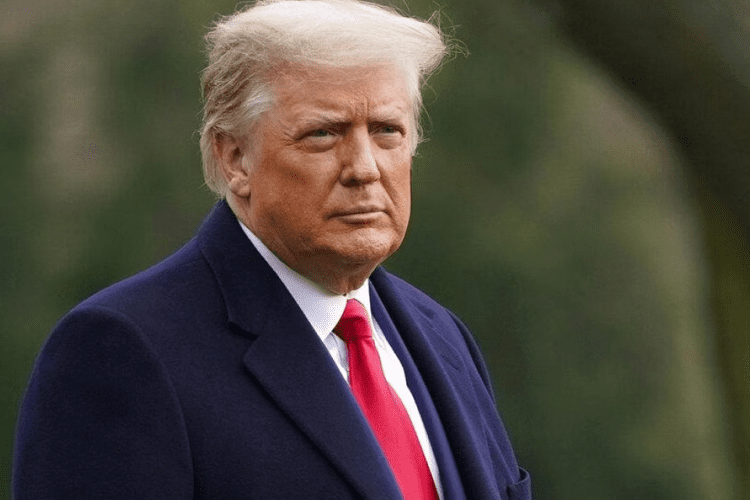What Will Happen in the Donald Trump Document Case Next? | Detailed
Donald Trump, a former president of the United States, has been charged with obstruction of justice and unlawfully keeping confidential government materials at his Florida residence after leaving the White House in 2021. What to anticipate as the case develops is as follows.
WHAT ARRIVES SECOND?
Trump, who on Thursday asserted his innocence, is due to appear in court in Florida for the first time on Tuesday.
It is unknown whether the indictment will be made public before then since it is now under seal.
Prosecutors will start providing Trump’s attorneys with evidence soon after Trump makes an appearance in court. That may contain years’ worth of communications between federal prosecutors, the U.S. National Archives and Records Administration, and Trump’s legal team as they wrangled over the records.
Trump’s legal team is anticipated to submit a move to dismiss the lawsuit at some point for a number of reasons, including his assertion that he declassified the records before obtaining them. They are also expected to argue that the case should be dismissed due to prosecutorial misconduct, including alleged transgressions of a fundamental principle allowing clients to keep contacts with their attorneys private.
Criminal defendants often file motions to have their cases dismissed, but they seldom succeed because of the difficult task of persuading a judge that their case is too weak to even go before a jury. At that point, the prosecution is likewise entitled to the benefit of the doubt about its factual claims.
HOW WILL THIS CASE AFFECT TRUMP’S CAMPAIGN?
According to ABC, the accusations include contravening the Espionage Act, obstructing the course of justice, lying to investigators, and conspiracy.
None of those things would immediately stop Trump from running for office or from campaigning if he is found guilty.
The effect the lawsuit will have on voters’ perceptions of Trump is unknown. After being charged in a different case in New York in April, Trump’s popularity increased, and he is now the front-runner for the Republican nomination.
He has exploited the lawsuits and investigations he is dealing with as a means of obtaining money by warning his fans that he is being persecuted and needs their assistance. Trump’s team claimed in April that contributions increased significantly after his New York indictment.
WHAT DATE WILL THE CASE BE TRIED?
There might be several months between any prospective trials.
Trump, who has denied wrongdoing and considers the investigation a political “witch hunt,” has a right to go to trial within 100 days, but this seldom occurs in complicated situations. While reviewing the evidence and debating legal issues before a court, the parties will probably agree to extend deadlines.
WILL TRUMP PROVE IT?
He would decide that. Criminal defendants are not compelled to testify, and few do since it might put them at danger for being cross-examined by the prosecution.
In a recent legal lawsuit involving allegations of sex assault and slander made against him by author E. Jean Carroll, Trump chose not to testify. In that case, a jury convicted Trump responsible in May.
WHAT TAKES PLACE IN THE EVENT THAT TRUMP WINS?
If Trump wins the 2024 presidential election, it is doubtful that the prosecution would go further.
Presidents are the chief federal law enforcement officials in the United States, and the Department of Justice is a division of the executive branch. In general, federal prosecutors work as they choose.
The Justice Department has a long-standing rule that a president cannot be charged while in office. The U.S. attorney general, the nation’s top law enforcement officer, must provide permission for the department to stray from policy under “extraordinary circumstances”.
Merrick Garland, who was the lame-duck attorney general under President Joe Biden, might defy that rule and continue working, but Trump, as president, could dismiss him and appoint an interim replacement of his choosing before appointing a permanent successor who would be subject to U.S. Senate approval.







